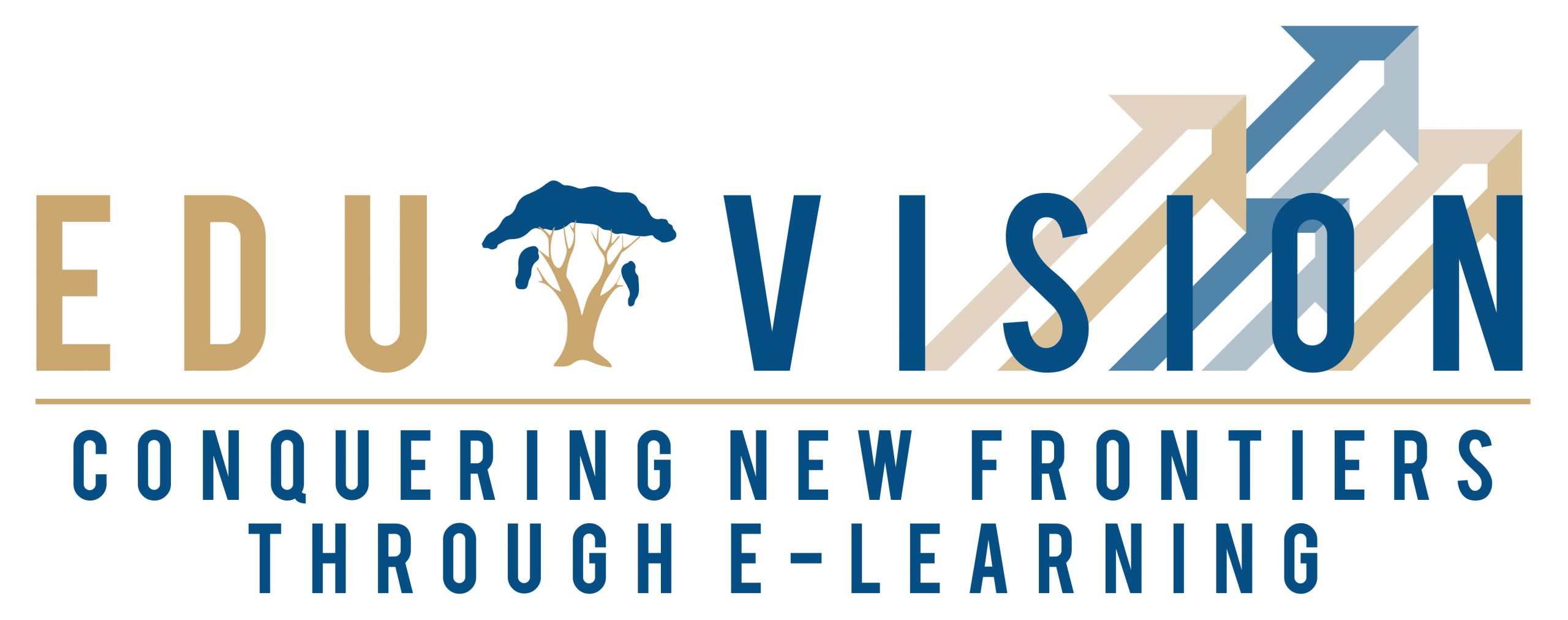
Grade 10 /11 Chemistry
Course Facilitator: Ms Tonia Jacobs
Teacher Bio: Ms Tonia Jacobs, B Sc; HOD (University of Stellenbosch) Hon BEd (UNISA). Experienced in teaching Physical Science for 30 years.
As a subject, Chemistry is within the natural science area/areas of learning in the curriculum, but has thematic links to other subjects across the curriculum.
The subject Chemistry places strong emphasis on the learners’ understanding of the physical and biological world around them at the local, regional and international levels.
Critical thinking, investigating phenomena, interpreting data, and applying knowledge to practical (experimental and investigative) skills and abilities are essential to understanding the value and limitations of natural scientific knowledge and methods, and their application to daily life.
Chemistry promotes the following aims in the curriculum:
1. Provide, through well designed studies of theoretical and practical science, a worthwhile educational experience for all learners, whether or not they go to study science beyond this level and, in particular, to enable them to acquire sufficient understanding and knowledge to:
- become confident citizens in a technological world
- take or develop an informed interest in matters of scientific importance
- recognize the usefulness and limitations of scientific method and to appreciate its applicability in other disciplines and in everyday life
- be suitably prepared for studies beyond the NSSCO level in pure sciences, in applied sciences or in science-dependent vocational courses
2. Develop abilities and skills that:
- are relevant to the study and practice of Chemistry
- are useful in everyday life
- encourage efficient and safe practice
- encourage effective communication
3. Develop attitudes relevant to Chemistry such as: concern for accuracy and precision; objectivity, integrity, enquiry, initiative and inventiveness.
4. Stimulate interest in, and care for, the environment.
5. Promote an awareness that:
- scientific theories and methods have developed, and continue to do so, as a result of the co-operative activities of groups and individuals
- the study and practice of science is subject to social, economic, technological, ethical and cultural influences and limitations
- the applications of science may be both beneficial and detrimental to the individual, the community and the environment
- science transcends national boundaries and that the language of science, correctly and rigorously applied, is universal
NSSCO levels are general qualifications that enable learners to progress either directly to employment, or to proceed to further qualifications. Learners who are awarded grades C to A* in NSSCO are well prepared to follow courses leading to Namibia Senior Secondary Certificate Advanced Subsidiary (NSCCAS) level Chemistry.
